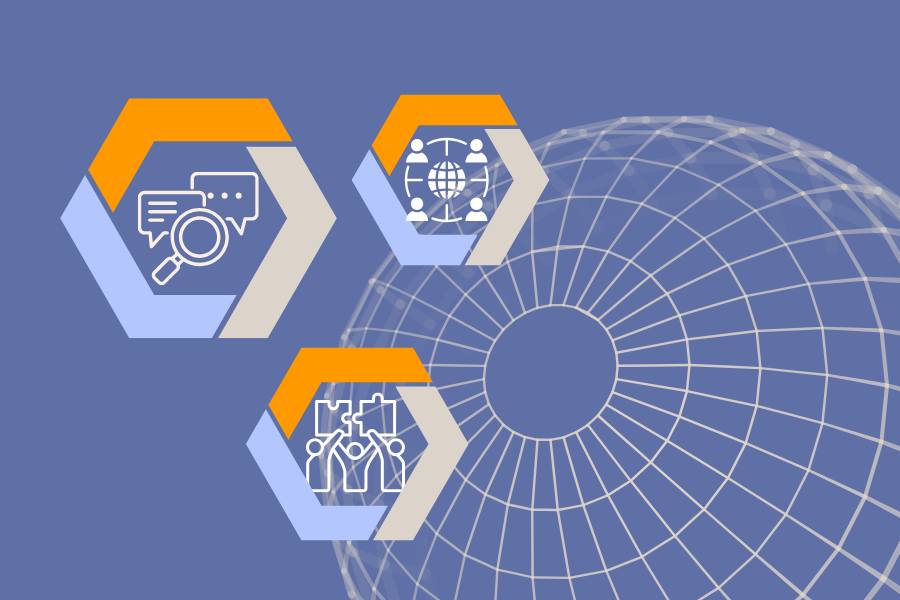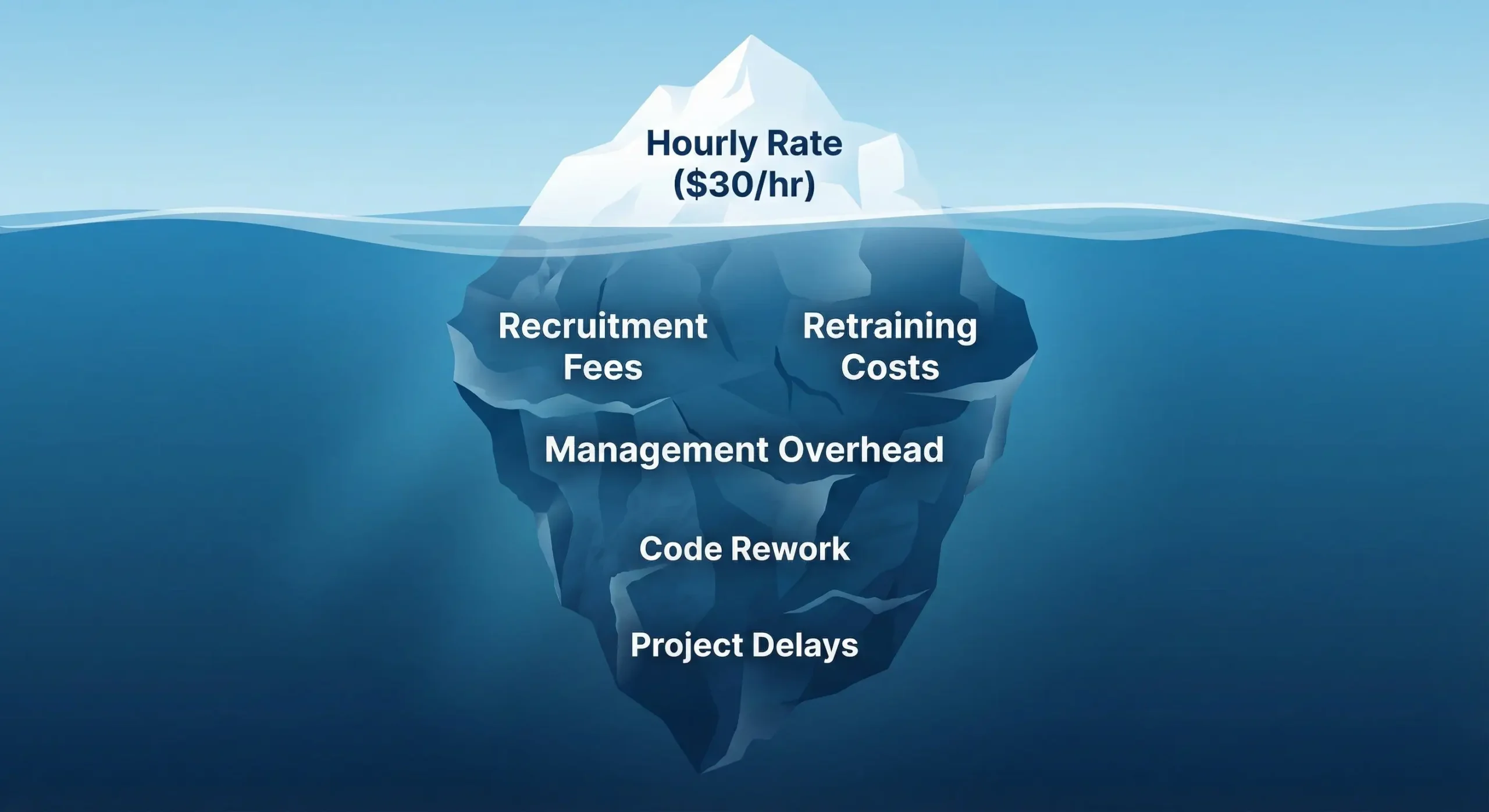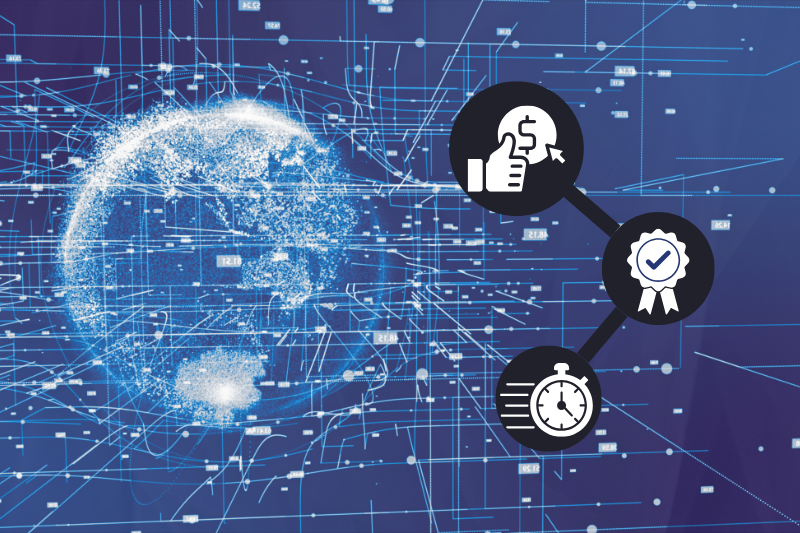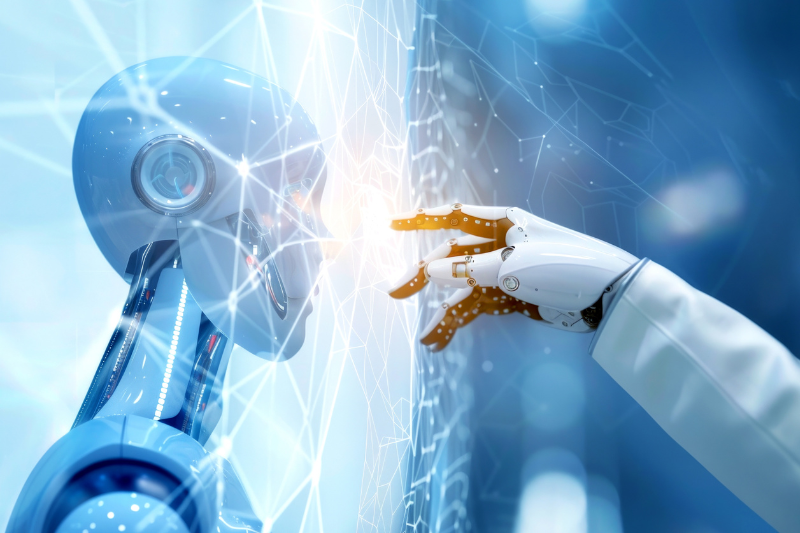In the rapidly evolving offshore AI environment, success is about more than algorithms and equipment. The real challenge is where cross-border groups exchange information, work together, and comprehend the context in which they develop intelligent systems. Those soft factors: communication, culture, and context; oftentimes decide if complex projects work or fail.
For healthcare, fintech, and SaaS enterprises, offshore AI expansion has enabled scaling and access to expert capabilities that are increasingly scarce in the domestic market. Yet even while these latent distributed collaboration issues can limit the very potency these models promise, TechKraft’s history serving global customers like large healthcare and labour marketplace platforms demonstrates how important it is to master these human and operational elements to deploy offshore collaboration as a competitive benefit.
Communication: The Cornerstone of Offshore AI Collaboration
In offshore AI environments, communication is not just coordination but it’s governance. When teams are geographically distant from each other in various time zones and languages, one miscommunication about requirements or model changes can be a costly roadblock.
A 2023 research work on distributed software teams identifies that communication failures are among the main reasons for coordination delays in international engineering projects. The study accentuates that a lack of clear task ownership, time zones, and less availability of decision-makers majorly negatively impact delivery schedules in AI and data-driven systems (arxiv).
Unlike traditional software development, Offshore AI projects have a strong reliance on iterative experimentation, model retraining, and cross-functional sync. Hence, effective communication and documentation are paramount to maintaining project velocity and accuracy.
Disciplined communication at TechKraft is seen as a critical engineering process. Standups are timed to overlap geographically, sprint reviews are recorded asynchronously, and dashboards in real-time encourage transparency across the delivery pipeline. This discipline of operations reduces dependency bottlenecks, facilitates faster model iteration, and maintains data integrity across distributed workflows.
The result is not only more efficient project management but the creation of a single culture of communication where teams act as one regardless of where they are located.
Culture: Building Human Alignment for Offshore AI Success
Culture will often become the most neglected variable in offshore AI projects. Technical skills can be acquired, but cultural fit must be cultivated. It decides how squads raise blockers, own work, and handle accountability in high-speed AI environments.
Deloitte’s 2024 Human Capital Trends report clarified that 71 percent of organizations identified culture as a top driver of innovation and retention, particularly in tech-enabled teams (Deloitte). If culture alignment is ignored, distributed teams may be vulnerable to fragmentation—siloed engineers executing assignments with no shared goal.
TechKraft achieves this by introducing cultural immersion into its offshore AI onboarding. Every new project begins with joint workshops to set values, workflows, and communication expectations to the client and offshore teams. The leaders of both sides attend these workshops to ensure empathy and cross-understanding from the outset.
The emphasis on feedback-driven collaboration has created what clients have described as “an extension of their own team.” Engineers are not outsourced contributors but high-caliber partners who understand not only the business objectives but also the technical mission. This sense of shared ownership is what takes offshore collaboration from transactional to strategic.
Context: Where Governance Meets Innovation
If communication builds structure and culture builds trust, context gives purpose. For offshore AI projects, context determines the fit between data, models, and decisions with domain reality. A 2025 PwC Global Compliance Survey found that 49 percent of organizations are using technology to automate 11 or more compliance functions, but they can’t keep governance up over scattered AI systems (PwC).
TechKraft teams begin each project with an organized process to map the client’s compliance environment, business regulations, and moral guidelines. In healthcare AI projects, for instance, that means developing pipelines and models that strictly adhere to HIPAA, GDPR, and payer-by-payer data regulations. For enterprise customers, that means tailoring cloud infrastructure and DevOps procedures to address present audit requirements.
By infusing compliance and context awareness early on, TechKraft ensures its offshore AI teams don’t just complete checks and balances but understands the “why” for them. This alignment of context and execution minimizes regulatory risk while maximizing model reliability and explainability.
Case Study: Scaling with Structured Offshore AI
Abacus Insights, a healthcare data platform based in the U.S., faced a pressing challenge: how to manage increasingly complex data pipelines without slowing innovation or compromising on HIPAA compliance.
By adopting TechKraft’s offshore AI model, the company rapidly assembled a dedicated engineering team specializing in scalable data architecture, AI model optimization, and real-time quality assurance. Continuous sprint-level QA and a “follow-the-sun” workflow allowed uninterrupted progress across time zones.
Within months, Abacus achieved faster pipeline execution, higher data accuracy, and improved compliance governance. This collaboration demonstrated how a well-structured offshore AI strategy can help healthcare organizations innovate safely and sustainably.
Case Study: Aligning Culture Through Staff Augmentation
One of TechKraft’s technology clients sought to expand its engineering capacity without diluting its collaborative startup culture. As the CTO shared:
“Our goal was to increase our capacity and build a high-performing team that fit well with our culture and startup mindset. TechKraft brought in engineers who are skilled, collaborative, and aligned with our vision. Working with them feels like an extension of our own company. They engage deeply, communicate clearly, and take ownership of outcomes.”
This testimonial reflects how offshore AI and staff augmentation can function not as a cost-saving mechanism, but as a means of long-term capability building. By integrating culturally aligned engineers who shared ownership of outcomes, the client accelerated delivery while preserving its identity and standards.
This balance between global expansion and cultural continuity is what defines successful offshore AI partnerships in today’s distributed innovation economy.
Lessons for Leaders Managing Offshore AI Projects
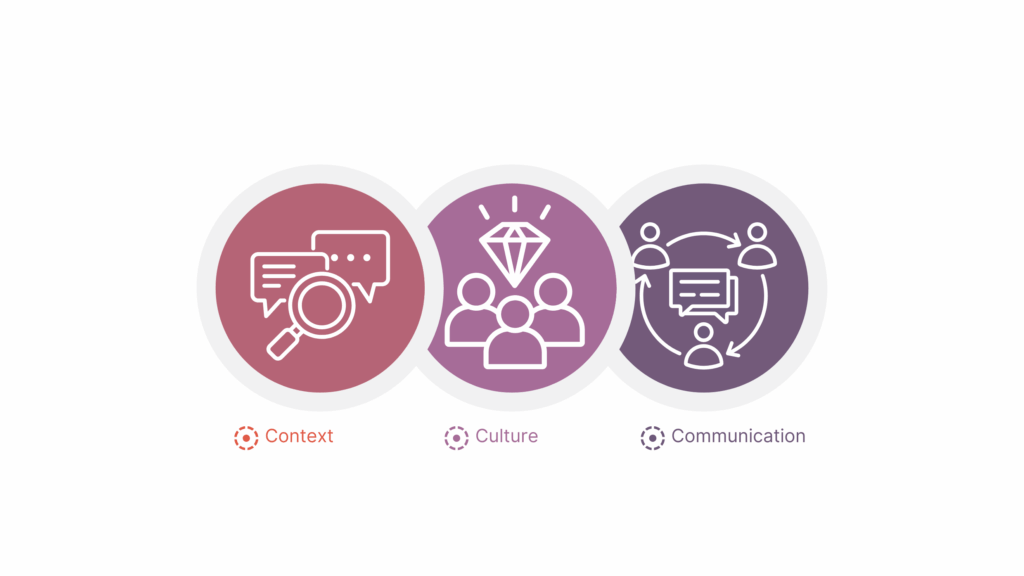
Lessons from dozens of engagements provide three lessons that invariably separate successful offshore AI programs from underperforming ones:
First, communication must be managed as a system, not a meeting. Structured documentation and visibility between tools maintain momentum across time zones.
Second, culture requires intention. Teams that respect shared values and goals perform better than those limited by transactional engagement models.
Finally, context must anchor innovation. Aligning AI development to real-world regulatory, ethical, or operational constraints ensure scalability without risk.
When these three dimensions operate together, offshore teams become forces of innovation that collaborate with the same cohesion as in-house teams but with exponentially greater scope.
Conclusion: The Human Architecture of Offshore AI
Offshore AI is no longer simply a cost-effectiveness model but an innovation model, a resilience model, and a trust model. The success of a global AI initiative depends as much on human architecture as on technical architecture.
TechKraft’s experience demonstrates that if communication, culture, and context are built at every level of collaboration, offshore AI initiatives become strategic catalysts instead of logistical fixes.
Learn how we can help your organization build resilient offshore AI teams that deliver innovation with integrity. Schedule a meeting with us.
